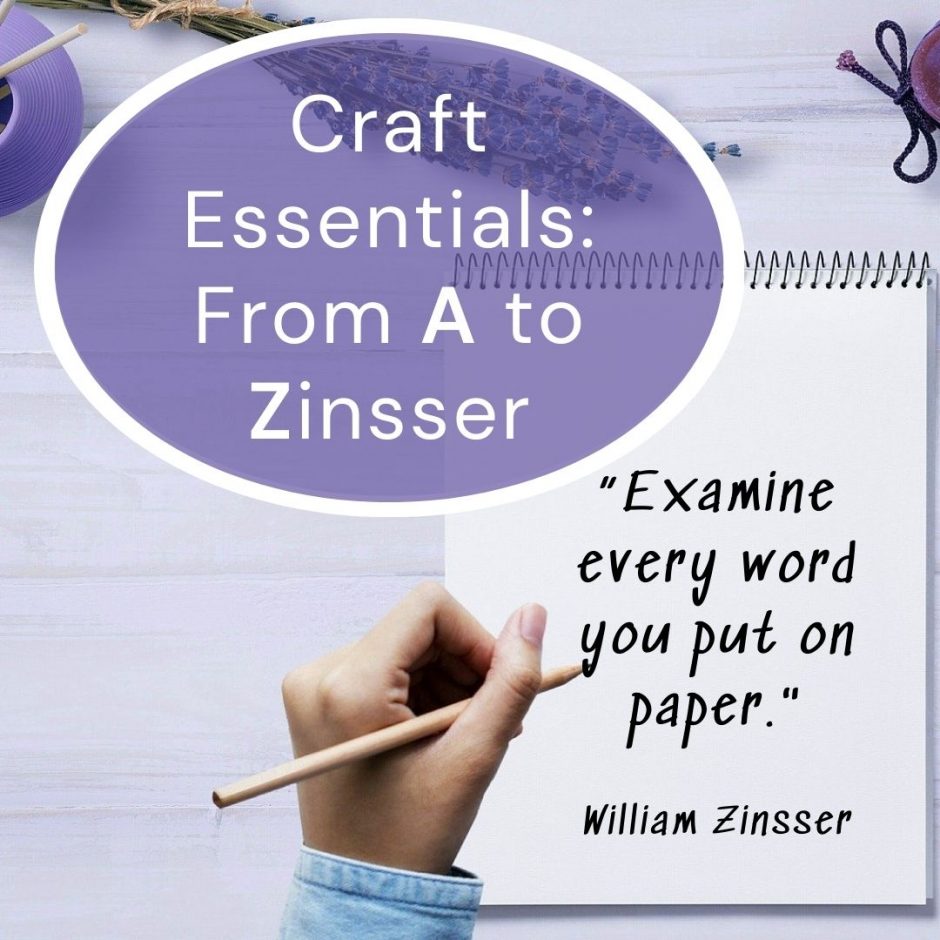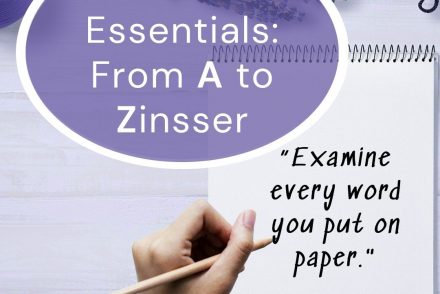“Rewriting is the essence of writing well; it’s where the game is won or lost. That idea is hard to accept.”
William Zinsser
Little in the writer’s life is as exhilarating as typing the words, “The End.”
If a celebration was ever in order, this would be our moment.
- We’ve fought through the brain drain aka writer’s block.
- Stayed at the keyboard till the wee hours of the night.
- Surrendered free time to the fickle writing muse.
- Missed parties, events, and time with friends and family.
But now, greatness is found in those two brief words that conclude the saga. The End. The skeptics, the critics, and those who predicted you’d never finish the book will be eating crow.
Bursting with a sudden rush of energy, (along with some well-deserved pride) you share the final product with a friend, your mom, or a writing buddy. You expect the standard oohs and aahs that attend the birth of greatness. Then somebody (clearly someone uninformed) says, “I don’t get the ending.” Or “I didn’t understand why the hero never showed up.”
The feedback is synonymous with calling your baby ugly.
You rationalize their response with the “I’ll give them the benefit of the doubt since they know nothing about writing,” brand of generosity.
Could They Be Right?
An essential component of writing well is the willingness to consider there might be a few valid points in their assessment. Some authors may not dismiss the critique entirely. They shop for additional feedback with an industry professional or pitch it to a publisher at a writer’s conference.
That can be the hard thump.
“It’s a good first draft,” says the pro. “Interesting storyline. I’d suggest you work with a coach or find a good editor to strengthen the plot and help develop your writing style. You have a promising start. Good luck with the second draft.”
If you believed the work was complete, this is a tough moment. A second draft, maybe even a third might be required. Adding more words is not the typical remedy. Killing off your darlings or discarding the overwrought half-page descriptions of the magnolias in full bloom in the moonlit night might be your road to success.
“We all have an emotional equity in our first draft; we can’t believe that it wasn’t born perfect. But the odds are close to 100 percent that it wasn’t.”
William Zinsser
The completion of a first draft is an epic accomplishment. In that finished work is evidence you have what it takes to be a writer – if you are willing to suck up the disappointment and dive in to refine and rewrite your work.
Don’t let the start stop you. You are not starting from scratch. But you do need to take a long look at your book baby with a more critical eye. The rewrite is inevitable as we learn the craft of writing. Every successful writer knows the first draft is seldom – if ever – the final.
Where Should You Start?
- Consider the advice of the industry professional. If the feedback is general in nature, ask for specific insight for both strengths and opportunities for improvement in the work. For every “no thanks” to my first book – ten rejections – I asked for feedback that helped strengthen the work. I know their input and my willingness to incorporate it has helped me gain contracts for a total of six published to date.
- Seek assistance from someone who has a successful track record to help move you forward. A certified writing coach or industry professional can help you accelerate your knowledge and build new skills.
- Take a course – many are available online or through regional writing groups in your area.
- Purchase and read books on the craft. The patron saint of this column’s book On Writing Well is a classic.
- Attend a writing conference and select courses specific to your need.
Above all, refuse to throw in the towel (or throw a tantrum) and remember, you may be done, but you’re not finished!

Deborah DeArmond is a certified writing coach and award-winning author of five books. Her books often focus on family and marriage, covering relationship dynamics, communication, and conflict resolution. Her most recent wok is We May Be Done But We’re Not Finished (2021).
Deb’s published more than 200 articles in print and online, including a monthly column, for Lifeway Magazine. 200+ print and online articles published.
Deb helps writing clients achieve success using inquiry, humor, and a straightforward approach. Her clients describe Deb as “candid but kind” and skilled at helping “guide others to discover their answers and solutions to success.”
Website: debdearmod.com
Facebook Author Deb DeArmond





No Comments